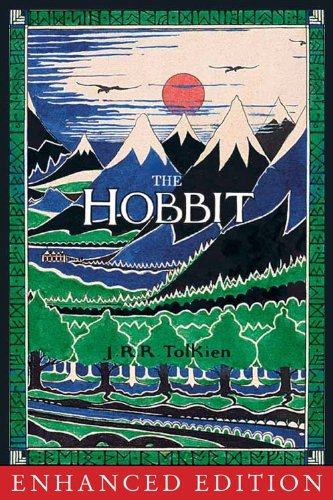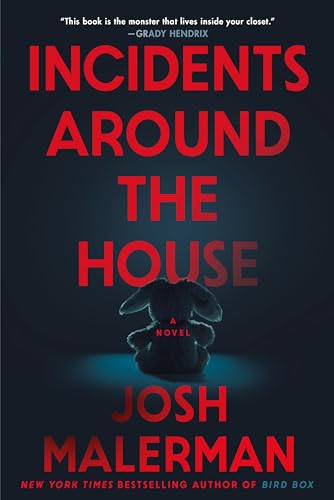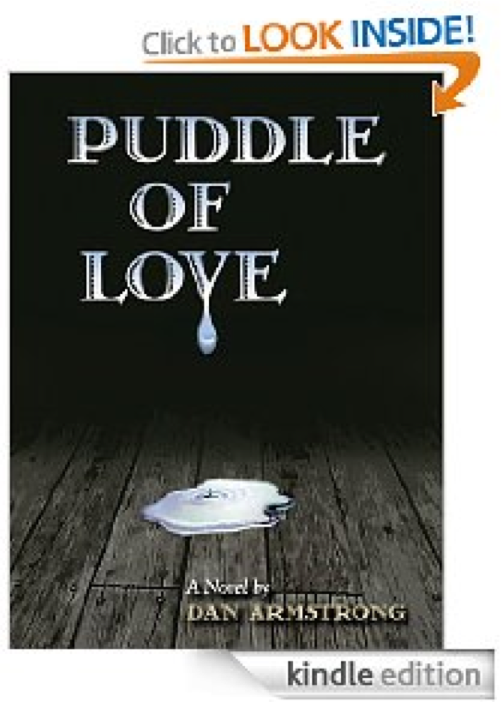“This book was truly a non-stop roller coaster ride of action, suspense, and romance.” –Mary Manners
Here’s the set-up:
When her best friend, is murdered, Reyna Cruz doesn’t believe the police have the whole story. An investigator by trade, she has the talent to track Summer’s killer, but when clues lead to a family connection and a vicious gang, she suddenly becomes the hunted. At the end of her rope, Reyna must decide to trust the God she believes abandoned her.
Wanting justice for his sister’s murder, lawyer Jimmy Corbeau agrees to help Reyna—even though she’s his ex-fiancé, and their break-up devastated him. Romance is reawakened, but so are memories of their tragic undoing. Jimmy must decide if he will fight for a future with Reyna or allow their past to derail the investigation and his second chance at love.
When the investigation goes awry and Summer’s infant daughter is kidnapped, Reyna must put her life on the line. Will Jimmy and Reyna survive the desperate measures it takes to recover his niece, catch a killer, and secure a happily-ever-after for them all?
“While that would be a disastrous start for many novels, which either underplay an emotional response or fall into a pit of maudlin sentiment, Byrnes portrays a perfect blend of competence and concern as Rain, aided by her intern and the victim’s brother (Rain’s former fiance) set out to prove the husband’s guilt.
“Straightforward? Hardly. What follows is a series of twists, turns, and dangerous developments that will delight both mystery and suspense (and romance) readers.“
Raquel Byrnes lives in Southern, California with her husband of sixteen years and their six children. She considers inspirational fiction a wonderful way to minister to others. She writes romantic suspense with an edge-your-seat pace. Her first book in the Shades of Hope Series is Purple Knot. You can visit her at her website: www.raquelbyrnes.com and her writing blog, Edge of Your Seat Romance.
Authors and Publishers: Interested in learning more about sponsorship? Just click on this link for more information.
Free Contemporary Titles in the Kindle Store
Welcome to Kindle Nation’s magical and revolutionary Free Book Search Tool — automatically updated and refreshed in real time, now with Category Search! Use the drop-down menu (in red caps next to the menu bar near the top of the page) to search for free Kindle books by genre or category, then sort the list just the way you want it — by date added, bestselling,, or review rating! But there’s no need to sort by price — because they’re all free!
 Loading
Loading
Read more »


 Report Bad Listing
Report Bad Listing
Read more »


 Report Bad Listing
Report Bad Listing
Read more »


 Report Bad Listing
Report Bad Listing
Read more »


 Report Bad Listing
Report Bad Listing
Read more »


 Report Bad Listing
Report Bad Listing
Read more »


 Report Bad Listing
Report Bad Listing
Read more »


 Report Bad Listing
Report Bad Listing
Read more »


 Report Bad Listing
Report Bad Listing
Read more »


 Report Bad Listing
Report Bad Listing
Read more »


 Report Bad Listing
Report Bad Listing

























